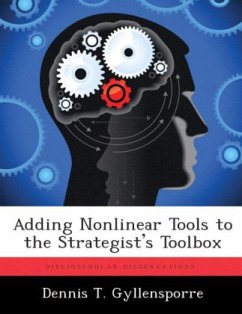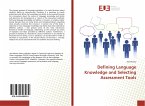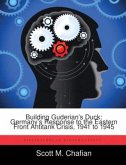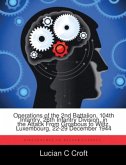Since the seventeenth century, Sir Isaac Newton's laws of motion have had tremendous impact on the Western world's mind-sets for understanding nature as predictable and orderly. Consequently, Western strategic culture has been based on a linear paradigm. In linear systems outputs are proportional to the input, and the ration between input and output remains constant. Linear systems also comply with the rule of additivity and can be regarded as deterministic. Most importantly, in linear systems variables are treated independently. Today we know that Newton's laws do not explain how nature behaves. Thus, applications on nonlinear are emerging in many scientific disciplines, but in strategy, we keep committed to the paradigm outlined by Newton. The nonlinear paradigm accepts complexity and uncertainty as natural elements, and the characteristics of nonlinear systems can be described as highly interconnected and the rule of additivity does not apply. Lack of proportionality makes nonlinear systems sensitive to initial conditions and studying the behavior of components in the system cannot derive the collective behavior. Based on new input, nonlinear systems bifurcate into multiple states and changes characteristics as new states are adopted. This thesis seeks to determine if the use of cognitive tools from the nonlinear realm can enhance national security strategies. A set of nonlinear tools is introduced and three strategic dimensions are examined: context, process, and content. Within the three dimensions six variables are studied; world order, political paradigms, decision-making, organizational structure, adaptation, and complexity, and uncertainty. The nonlinear tools are applied by relating to historical vignettes. The thesis concludes that national security strategies can be better understood, planned and executed by applying nonlinear tools. However, the greatest challenge lies in the transition to a new underlying paradigm and adopting a new mindset.Finally,
Hinweis: Dieser Artikel kann nur an eine deutsche Lieferadresse ausgeliefert werden.
Hinweis: Dieser Artikel kann nur an eine deutsche Lieferadresse ausgeliefert werden.








